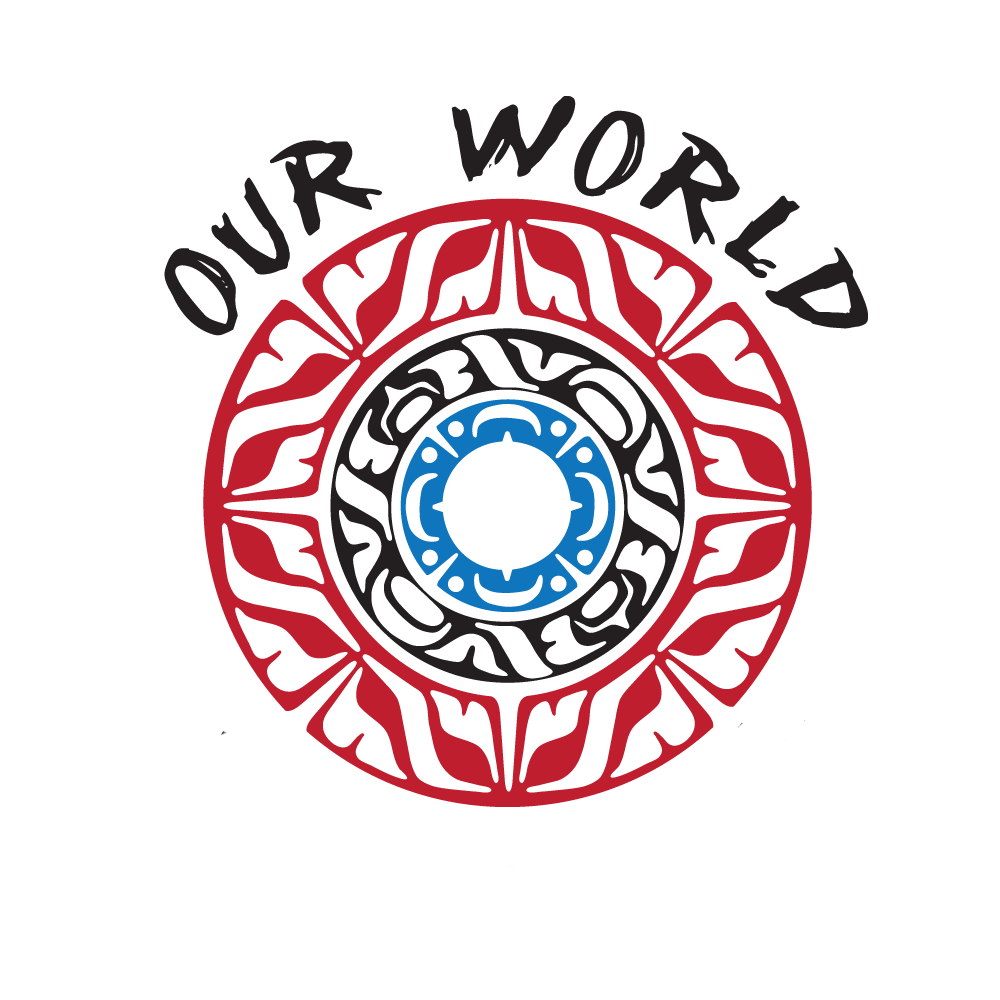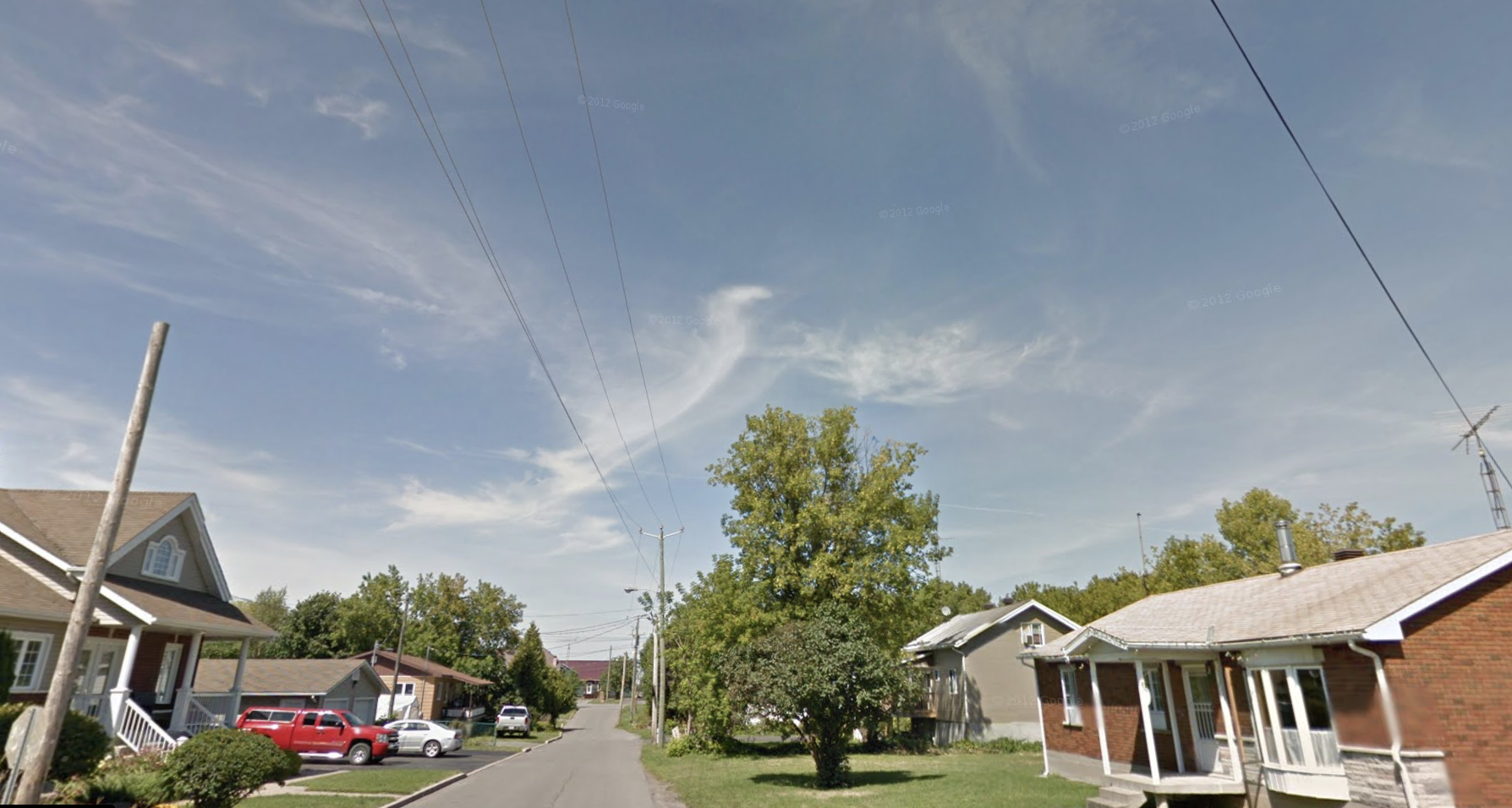Kahnawake
Quebec
This workshop was held in Kahnawake, and at Dawson College in Tiohtiáke (Montreal). Kahnawake (and Tiohtiáke) are situated on the original traditional Kanien’keháka (People of the Flint) traditional territory.
Kahnawake, meaning ‘on the rapids,’ is a Kanien’keháka community located approximately 15 kilometers south of Montreal on the shore of the St. Lawrence River. Kahnawake is one of eight Kanien’keháka communities now spread out spread out in Quebec, Ontario and New York State (see map). Today the current population of those living within the community is 8,055 (March 2018) and 3,141 living in different parts of what is known to the Haudenosaunee -- and many other Indigenous Nations -- as Turtle Island (North America).
The Kanien’keháka Nation are one of six Nations that make up the Haudenosaunee (People of the Longhouse) Confederacy, also known by its colonized name as the Iroquois, or the Six Nations Iroquois Confederacy.
Originally over 40,000 acres, Kahnawake’s land base has gradually depleted to approximately 13,000 acres through land cessions by the Jesuits, the Department of Indian Affairs, bridges, a major highway, and major utilities companies, including the construction of the St. Lawrence Seaway in the late 1950s, which literally severed the community from the river.
The Kanien’kahaka are descendants of an ancient society with a rich, vibrant, and unique heritage, and despite colonial efforts to eradicate the culture and traditional teachings, our resilience has helped to keep much of the language and culture intact, and in recent years, following the 1990 Oka Crisis, language and cultural revitalization efforts have steadily increased.
Also of note...
The Haudenosaunee – People of the Longhouse: The Six Nations of the Haudensaunee include (from east to west):
Kanien’kehaka (Mohawks) – People of the Flint (Keepers of the Eastern Door)
Oneida – People of the standing stone
Onondaga – People of the hills
Cayuga – The people of the swamp
Tuscarora – The hemp gatherers
Seneca – The people of the big hill (Keepers of the Western Door)
MORE INFO:
Kanien’kehaka Onkwewenna Raotitiohkwa/Language and Cultural Center


















